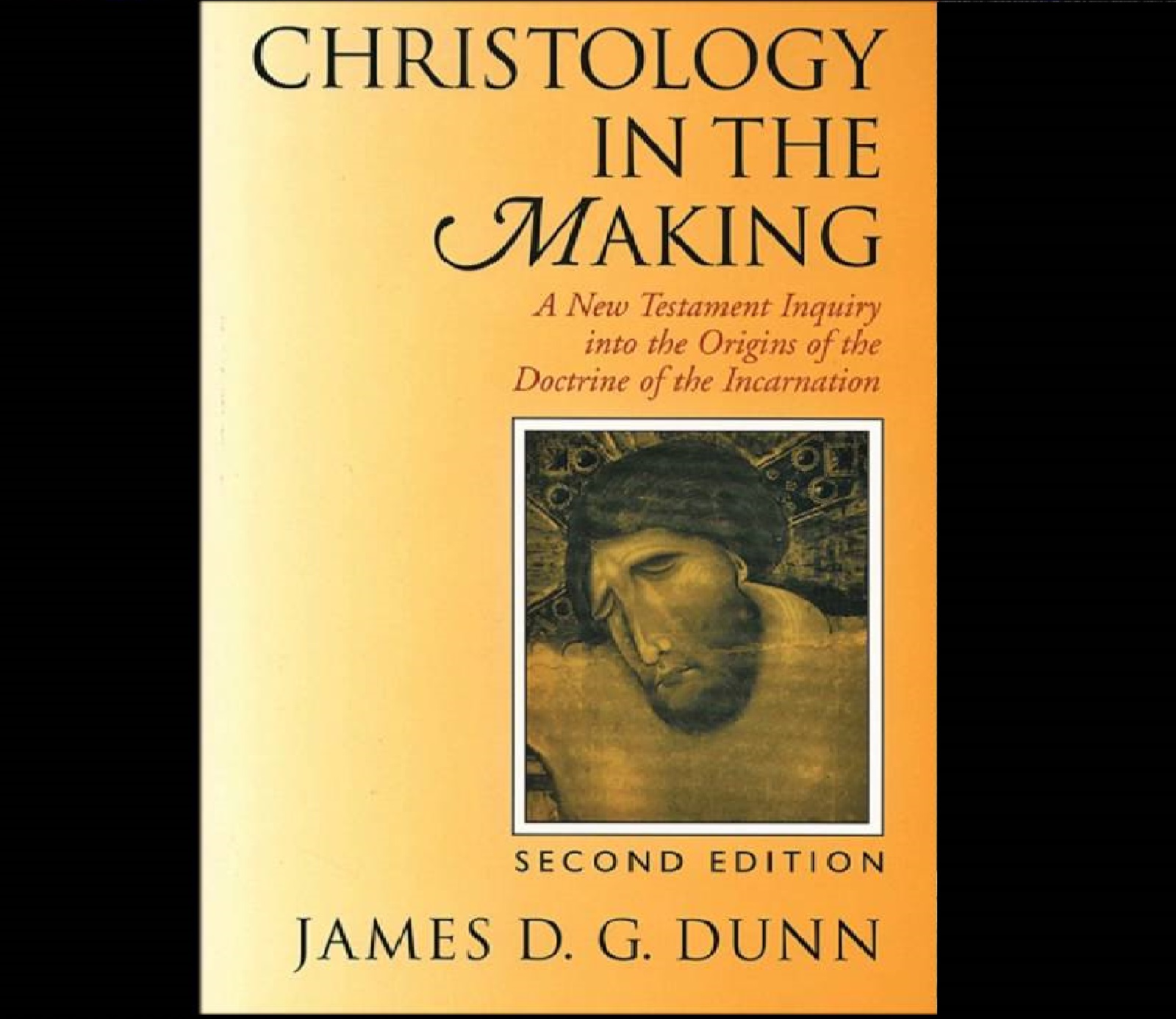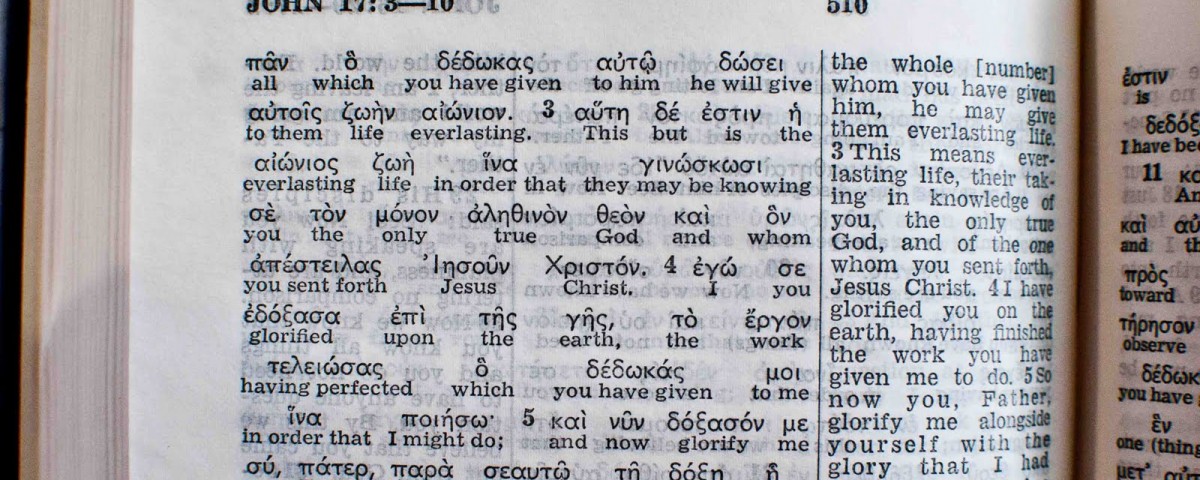
From “Christology in the Making” by James Dunn
October 4, 2016
Colossians 1.15-17 Explained
November 1, 2016John 17:5: A Verse to Be Trapped By

by Anthony Buzzard
Please consider these language facts about things which are held in reserve by God, stored up “with Him.”
The Hebrew Bible speaks of things which are laid up with God with a view to the future: ‘lay up something with Thee,’ reserve it. With the dative, para (with), indicates that something is or is done either in the immediate vicinity of someone, or (metaphorically) in his mind, nearby, beside, in the power of, in the presence of, with.
To have a reward laid up with God in heaven, Matt. 6:1 (there where God is, i.e. God’s favor).
Luke 1:30: a person is also said to have grace with a person with whom he is acceptable, Luke 2:52; this is acceptable with God, pleasing to him, 1 Pet. 2:20; para, with oneself, i.e. in one’s own mind.
From the NAB notes on John 17:24:
“Where I am: Jesus prays for the believers ultimately to join him in heaven [i.e. in fact not in heaven but in the future Kingdom!]. Then they will not see his glory as in a mirror but clearly (2 Cor. 3:18; 1 John 3:2).”
How does all this bear on John 17:5, a verse constantly said by Trinitarians to show that Jesus was alive in heaven literally before coming into existence at birth — a serious contradiction?
Language can be tricky. When did you last “have something with someone else”? Is that clear to you? Not in our contemporary English. But in John 17:5 Jesus, as literally translated from the Greek, “had glory with the Father before the foundation of the world.” Did you know that a literal translation may be fatal to understanding? If I tell you “It is raining cats and dogs,” are you going to call the Society for the Prevention of Cruelty to Animals? Translating John 17:5 literally word by word into English is a mistake and misleads. It gives the false impression that Jesus was returning to a state of glory which he actually and literally possessed before he was born. Such a Jesus would then not be human. He would have enjoyed another life before he came into existence! He would have existed before he existed.
To “have something with God” in biblical idiom is to have a reward promised and stored up in the presence of God to be bestowed later. Matthew 6:1 is a good example. Of this verse the lexicon reports that “to have a reward is to have it laid up with God.” So also John 17:5: Jesus asks for the reward which had been laid up for him by God from the beginning. He was asking God to give it to him now that his work was finished. How beautifully this echoes the Messianic passage in Isaiah 49:3-4. God says to his servant the Messiah, “You are my servant Israel, in whom I will be glorified. But [the Servant] said, ‘I have toiled in vain. I have spent my strength for nothing and vanity; yet surely the justice due to me is with [para as in John 17:5] the LORD, and my reward is with my God.” In the Hebrew the word “with” is et, which can mean “present to the mind.”
Translating from one language to another means conveying the meaning of words in one language into words meaning the same in the “target” language. Translating “I’ve got a frog in my throat” literally into another language will produce nonsense. Or “I am pulling your leg” — rendering it word for word will produce a laughable misunderstanding. John 17:5 is a similar example. Jesus prayed to receive as the reward for his ministry completed the glory he “had with God” from the beginning. This was glory promised in God’s great plan. If translated literally into English it will sound as if Jesus was alive before he was born and enjoyed glory in a “preexistence.” This will contradict the rest of the New Testament and especially the clear accounts of Jesus’ origin as Son of God in Matthew and Luke.

